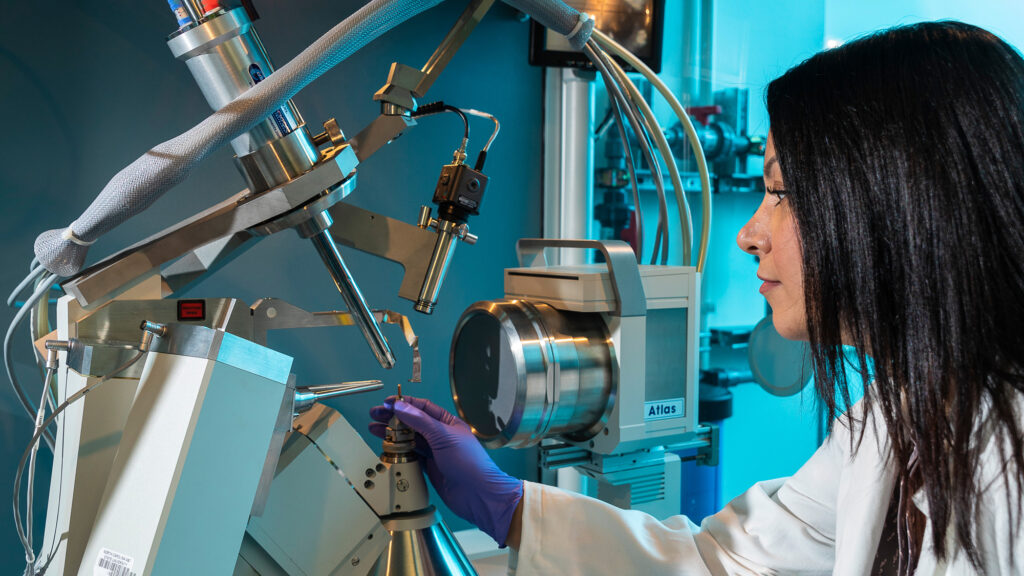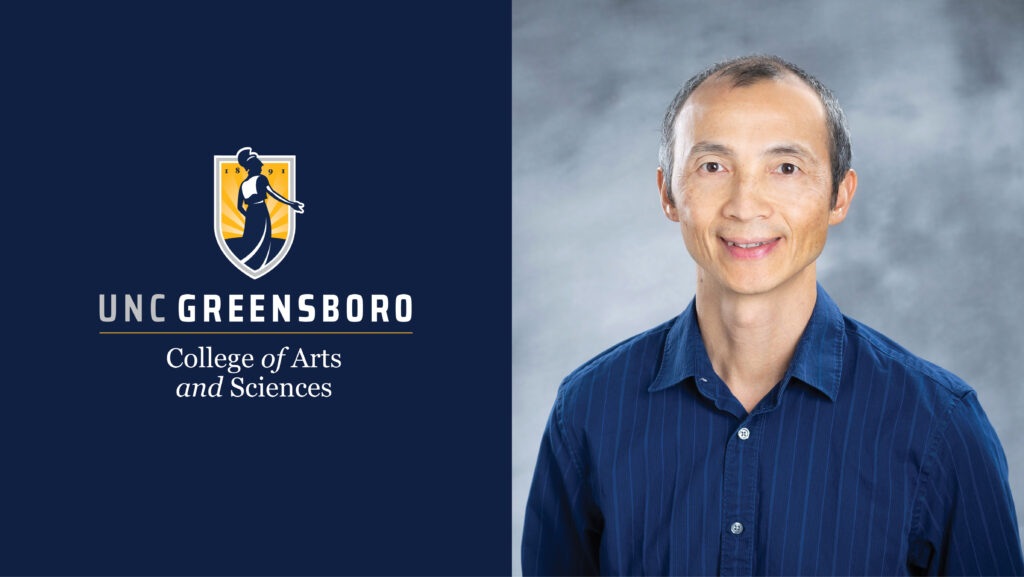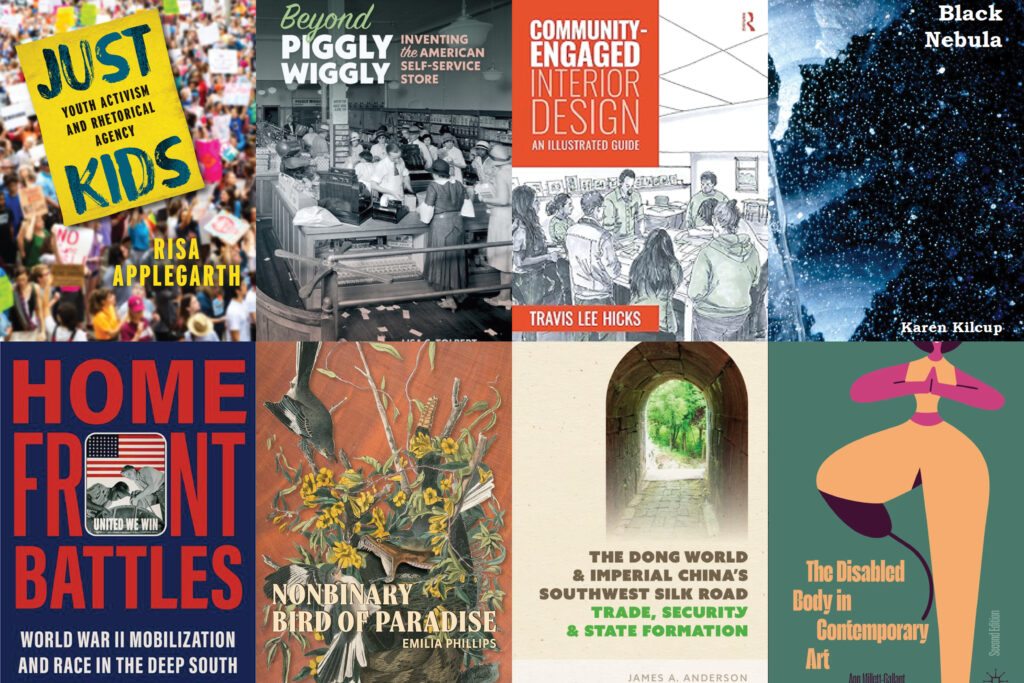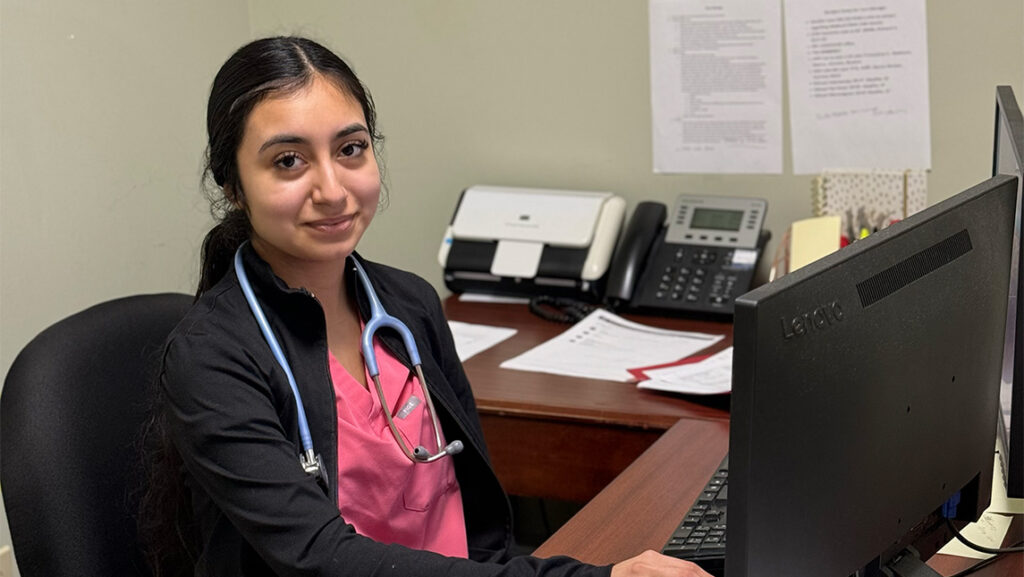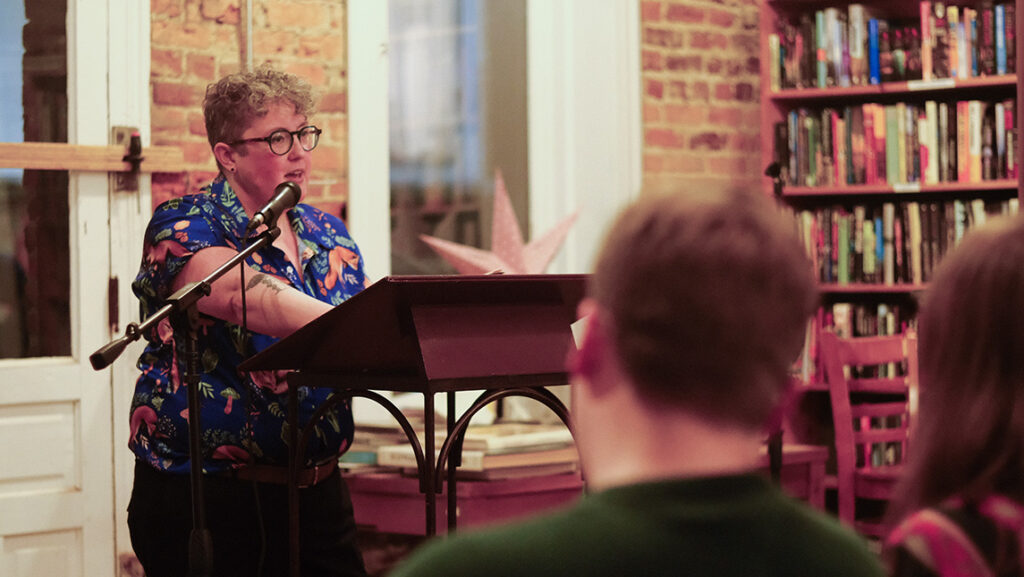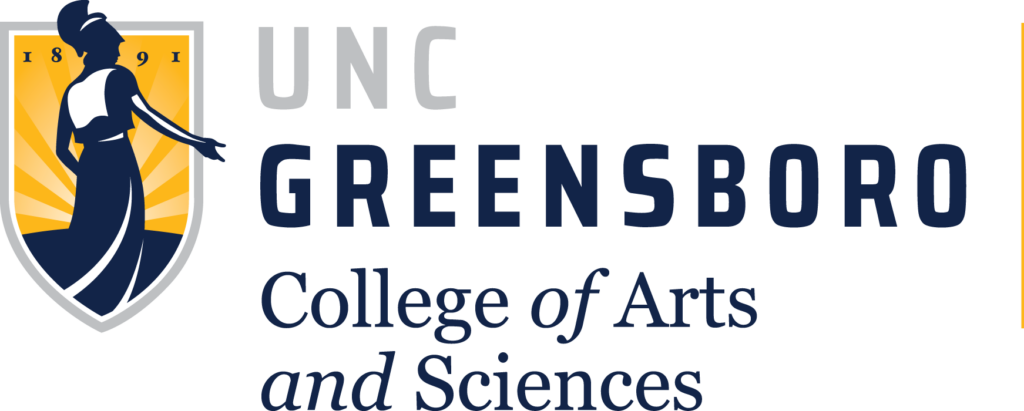It’s true UNCG’s Office of Research and Engagement (ORE) has little in common with the Ritz Carlton. No one is lounging by the pool sipping mai tais, and there are no bellhops at Dr. Terri Shelton’s beck and call. But ORE does have a concierge – a “research administration concierge”: Chinamaeze “Kelsey” Okoro, who started in the position last fall.
ORE created the role as part of the Research Administration Modernization Program at UNCG (RAMP UNCG), a 3-year, $850,000 grant from the National Institutes of Health.
Okoro is ready to assist UNCG researchers, but he’s not making dinner reservations or arranging limos to the airport.
“In a sense I’m like a project manager,” Okoro explains. “My main focus is biomedical projects funded by NIH or NSF grants. The premise was to work with underrepresented faculty to support their research efforts.”
When notice of a new grant award is received through the Office of Sponsored Programs, and the project and the principal investigator (PI) are within his areas of focus, Okoro reaches out to offer assistance.
“I work with PIs to figure out their pain points in terms of transitioning from notice of award to actually starting up their research project,” Okoro says.
One of the biggest “pain points” new projects face involves hiring staff like project coordinators or research assistants. Okoro – who worked for the Forsyth County Sheriff Department’s human resources office before joining UNCG – liaises with UNCG’s Human Resources office to help PIs navigate the hiring process, even helping to edit job descriptions.
“Hiring takes a long time, it’s already a process, so we try to get the ball rolling as early as possible. And there’s a lot of paperwork and there’s a certain polish that’s required, so I can help with that.”
Other common challenges include purchasing equipment and supplies, planning travel, or providing compensation (usually gift cards) to research study participants. International collaborations and export control present additional complexities. Okoro has contacts in various departments, including Contracts and Grants, who can answer questions or advise the project team.
“Sometimes PIs just don’t know who to talk to, and I can help connect them to that go-to person here in the university.”
Okoro knows that some departments have more resources than others and that many PIs are teaching courses and juggling other responsibilities. He sees his role as easing the administrative burden of carrying out a research project. He stays up-to-date on policies and procedures, both internal and external, so he can advise researchers on what expenses are allowable and how best to move the project forward while avoiding any compliance issues.
Okoro works most frequently with faculty in Psychology and Biology in the College of Arts and Sciences, as well as faculty from Human Development & Family Studies and Public Health in the School of Health and Human Sciences. Still, he strives to offer as much assistance as he can to underrepresented faculty members leading projects outside the biomedical fields. He is also working with colleagues in ORE to develop a Canvas module that will be a resource for PIs in the start-up phase. The module should be ready later this fall.
His advice for PIs, though, is simple: “Meet with CGA as early as possible after you learn of the award. Then go ahead and schedule periodic check-ins with CGA at three-months, six months, whatever makes sense for your project. That way we can catch issues early – because questions are always popping up – and it will be a quick fix instead of a bigger problem down the road.”
Okoro knows the research process first hand. He staffed a variety of research projects as a Marc-U-Star scholar during his undergrad years at Winston-Salem State University, and he is currently finishing up his PhD in psychology.
For faculty facing research project challenges, Okoro says his door is always open.
“If you need any help, just shoot me an email, and I’ll do my best. Some things are a quick fix and others are above my pay grade. But even if we can’t change the system, we can definitely change the tire.”


